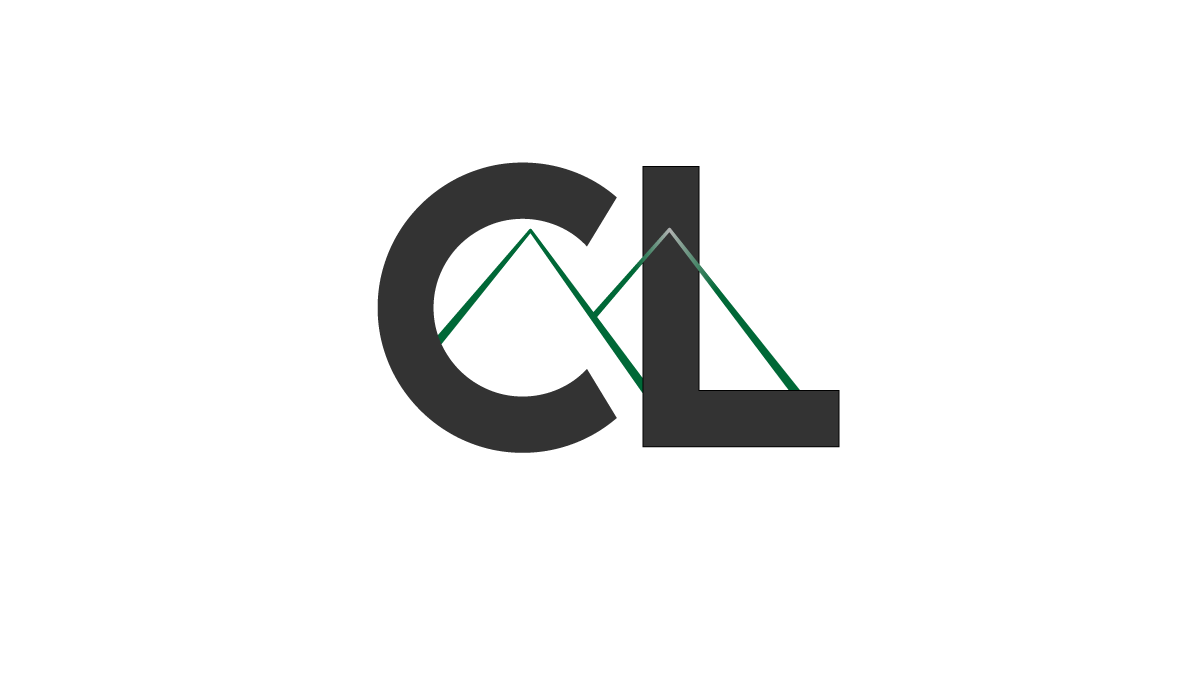After getting to first principles, you can now relate to others from a place of strength. Once you have identified and practice your own core principles, then you can begin to relate to others on a more fundamental basis. The saying "Know Thyself" applies, where if you have truly identified and are living out your own first principles, then it is easy to relate to others regardless of the principles and ideas that they are practicing. As in the Lex Freedman podcast with Ryan Hall, many people are operating on an operating system without even knowing or questioning it.
First, understand your own core principles and understand your own position. Then, you can work to understand the other person's core principles or "operating system" that underlies their thoughts and actions. By relating and interacting with others, you are not only trying to understand their behavior, but are trying to understand the system of thought that they have adopted.
The illustration above is a modification of Simon Senek's Start with Why talk. I believe that a person's identity is a collection of first principles that are beneath the "why". This collection of first principles also inform a person's operating system or way of thinking. If you can truly establish a set of first principles then the "Why", "How" and "What" easily follow.
Philosophers and psychologists have expounded on the nature of identity for centuries. Many people use their identity as a way to superficially label themselves or others. For example, I can say that I am an ultra marathoner or a jiu jitsu practitioner, but this doesn't explain much about my underlying way of thought. This also applies for someone's identity related to ethnicity or country of origin. Sometimes the label fits, sometimes it doesn't explain someone's underlying principles.
Substantive vs Superficial Identity
The reason why it's important to get to first principles is because you can handle deeper and deeper problems. The reason why you want to handle deeper problems is that you will be more capable of solving underlying issues and develop the ability to understand problems at multiple levels. If the surface level problems begin a series of cascading failures, then you will still be able apply your your core principles at that level. Put another way, your identity doesn't shake because your fist principles/ beliefs can solve problems at multiple levels of asking "why?". This is what I would call a substantive identity, where it is evident that a person has thought deeply about specific concepts in their life and work.
If your identity is more superficial, on the other hand, then even a surface level problem that has a relatively shallow impact can cause you to question who you are. You are also more exposed to surface level problems and are forced to react to any surface level problem that occurs. It also takes more energy to solve surface level problems because you have to develop specific solutions for any single problem that arises. In other words, you have less leverage. You are also more likely to change your identity to solve an imminent problem.
Going back to Start with Why, the organizations and people that have a substantive identity and have thought through first principles stand out among the rest. The organizations and people with superficial identities are always putting out fires, moving from crisis to crisis, and changing their identity in order to acquire a higher level of status or popularity.
